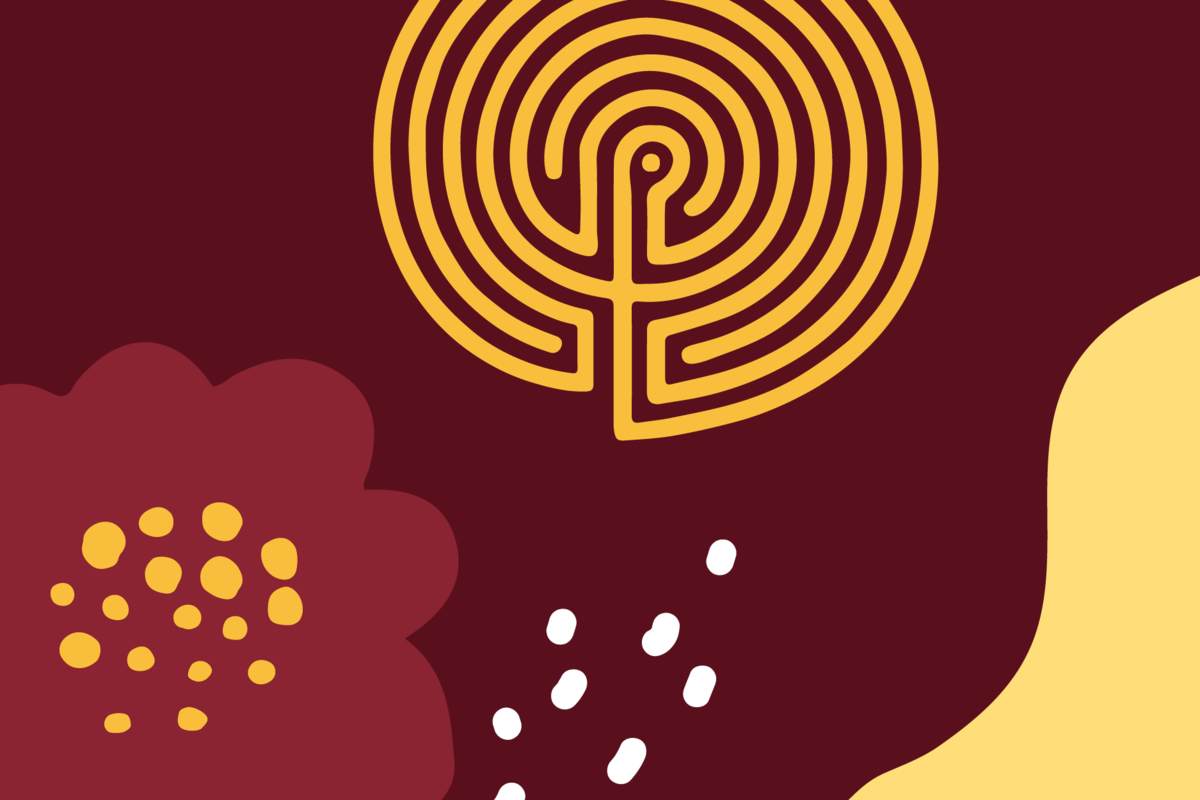How Practicing Gratitude Can Help You Heal
July 29, 2021
Swept away like breadcrumbs in the moment, I decided to gather up the bits and pieces of my life to see if the trail ended in gratitude. Constantly asking my kids to put a little “gr” in front of their attitude, it was time for me to put up or shut up. To accomplish this, I engaged in a simple gratitude practice I heard about through CaringBridge.
A study by University of Minnesota researchers of CaringBridge users who participated in a gratitude practice showed reduced stress and increased overall wellbeing. Who couldn’t benefit from that? So over the course of 21 days in March 2020, I did these four things:
At the end of each day, think back on three things you’re grateful for, no matter how small.
Write them down on paper.
Also write down a reason why you feel grateful for each thing on the list.
Each week, look back on what you’ve written.
To download the four step gratitude practice, click here.
The Act of Practicing Gratitude
This recipe seemed easy enough to follow, until the coronavirus pandemic set in. Perfect timing for a gratitude practice, but harder work. What I didn’t account for was the difficulty in finding things to be grateful for when everyone in my family was feeling so uncertain, confused, angry, and, well, together!
To better understand how gratitude works, I looked to the root of the word, “gratis,” which happens to be the same root as the word “grace.” Grace invokes a sense of wonder.
Like grace, gratitude cannot be requested or demanded or earned. Unlike indebtedness, gratitude neither demands a “thank you” nor dissipates after it is said. Finally, gratitude cannot be paid back, only forward.
Writing Forms ‘Muscle Memory’
Finding success in my gratitude practice would require more than the requisite 21 days to form any habit. The tactile exercise of writing things down each day formed some “muscle memory” that propelled me forward.
It was easy to write down things for which I was grateful: a family singalong in the car; that my college kids shared in a family meal; that I did not burn our last batch of Sweet Martha’s chocolate chip cookies. But articulating why I felt grateful called for introspection.
How Many Days to Gratitude?
Asking why requires a pause, grants the opportunity to see a moment in time as an unearned gift; asking why forges gratitude. How many days to gratitude, a change in the way I perceived things, an acceptance of the world as it is?
How do we gather the bits and pieces that add up to the “good life,” held in our core, a place we can call “gratitude?”
The experience reminds me of the tune Seasons of Love, by Jonathon Larson, in which he measures a year in minutes, 525,600 moments: “in daylights, in sunsets, in midnights, in cups of coffee, in inches, in miles, in laughter, in strife.” Ticking them off in my mind was one thing, but only some of them stuck, had meaning, were worth remembering.
A Simple Moment of Pure Grace
To break up our time of sheltering in place, as was required by state guidelines, we drove to our family cabin north of the Twin Cities. During the car ride, we heard that singer Kenny Rogers had passed away.
My teen-age girls did not know we’d lost a country-music legend, so I downloaded Rogers’ song The Gambler, turned up the volume and started singing with my husband: “You gotta know when to hold ’em, know when to fold ’em …”
One daughter recognized the song and joined in. By the third time through the chorus, all of us were singing in harmony. The scene only lasted 5 minutes. But we haven’t had a family singalong since the kids were little, and with our youngest soon off to college, I can’t imagine the circumstances in which it would happen again.
It was a simple moment of pure grace.
Put Your Emotions in a New Order
Every night at the cabin we played a board game called Sequence. The board is covered in pictures of playing cards. The object is to match the cards in your hand with those on the board.
As you discard, you lay a chip on the matching card on the board. The player who can form a sequence of five chips in a row wins the game.
Playing Sequence requires focus, and offers a distraction from the tough parts of a day. Like a gratitude practice, the game creates the space for you to lay down your chips and put your emotions in a new order.
Conversation flows in unimagined ways. Every turn allows you to draw a new card and to see the board from a different angle. No one knows what’s in the cards going forward, but there is always another card in your hand to play.
Gratitude comes from knowing there is always another card to play. It builds resilience to weather life’s difficult moments.
Practicing Gratitude Takes Practice
Playing Sequence with my family will always make my nightly gratitude list. I hope it will always make my family’s gratitude list, too.
The recipe for gratitude is not hard to follow, it just takes practice. Now when I gather the bits and pieces of my life, they add up to a little more. The result is a cumulative positive effect on my being. Gratitude.
About the Research
Knowing that millions of people around the world use CaringBridge, and that its use can have a profound impact on healing, scientists from research institutions including the University of Minnesota and Mayo Clinic have been studying the effects on CaringBridge users who have participated in such practices as gratitude, meditation and reflective writing. In an academic paper titled, Outcomes of a Gratitude Practice in an Online Community of Caring, by Mary Jo Kreitzer, PhD, RN, FAAN, patients and family caregivers who engaged in a 21-day gratitude practice reported reduced stress and fear, improved sleep and increased overall wellbeing. Dr. Kreitzer is also on the advisory panel for How We Heal, an ongoing project by CaringBridge.
When you’re going through a health journey, you have a lot on your plate. CaringBridge replaces the time-consuming task of sharing your health news over and over. It’s a free, easy to use online journal for sharing health information with your family and friends.
Story shared from CaringBridge.org with permission.

